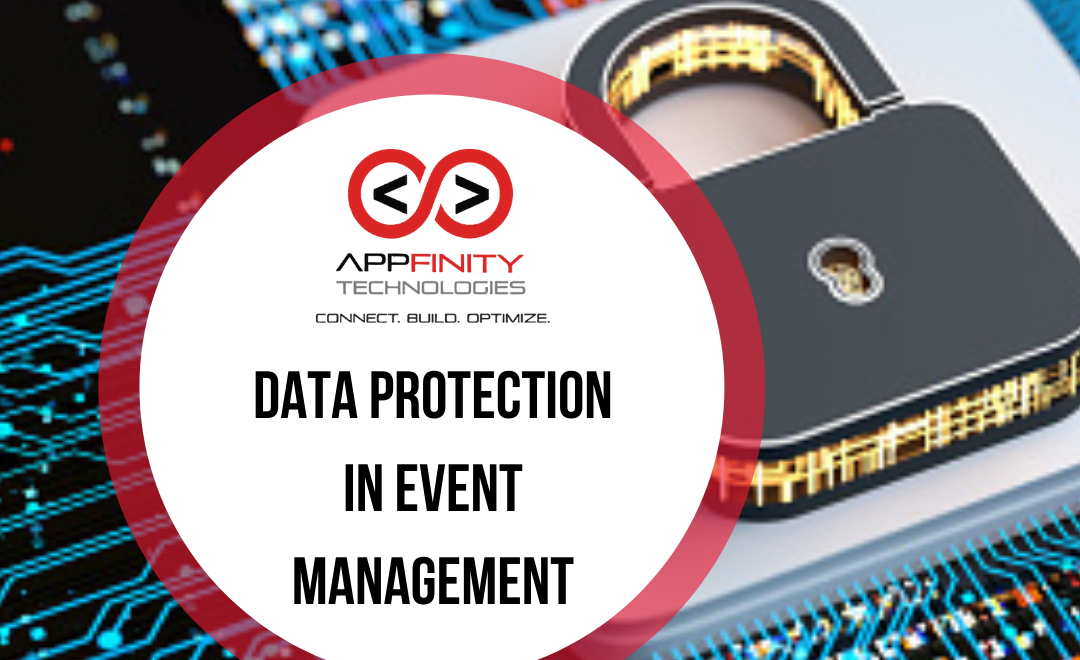Hosting a public event in the coming months? You might want to pay attention to the event’s privacy practices. What personal information do you gather from attendees and how will you use it? Will there be photography? How long can you keep attendees’ information? Event-goers might be uncomfortable at the prospect of their information ending up in new places, like company mailing lists. If you’re responsible for a networking mix or a big-name concert coming to town, pay attention. Here’s the low-down on what to expect and how to handle privacy at events.When future attendees sign up for an event, what information do you ask from them? One surefire way to be privacy-conscious is to reduce the data attendees hand over. This will lower your risk by having less information in your custody. Privacy-conscious attendees will also appreciate it if you avoid intrusive questions and data gathering.
Weigh what information is essential for the event against what info might be nice to have but is not necessary. Demographic information, for example, can be valuable for later analysis, but is it necessary for attendance? Is there a reason you need both a guest’s email and phone number, or would one be enough? Other things to consider include:
-What value might there be for the attendee to provide their information?
-Are there restrictions that require information for attendee verification? An indoor venue that requires booked seating, for example, is different from an anything-goes meetup at a public park.
-Do you need to verify age? Not all events are family-friendly, but before collecting full birthdates to confirm ages, consider using the year of birth alone.
-Are there other restrictions for guests, such as ticket limitations for residents of specific areas, or members of an organization? Prepare to explain why you need specific details if asking.
-Include a privacy notice when collecting information
-Tell attendees what your plans are for their information. Privacy notices provide information on what you collect and why, and how you intend to handle their personal data. Questions you should answer in your privacy notice include:
-What information is collected?
-How will the information be used?
-Who will see it? Will the information be shared with any third parties for other uses?
-How long will personal data be retained?
-Will it be aggregated or anonymized?
-How will it be secured?
-Can attendees access and/or update their information?
-Are you using any third parties for information processing?
-Who do they contact if they have questions or concerns?
The goal is to be open and transparent with attendees. Your privacy notice should be easy for prospective attendees to read and easy to access. Provide your attendees the opportunity to read the notice before handing over information. Add privacy notice links in online signup forms and on websites providing event details. Potential guests should always have the option to understand what happens to their information before they sign up. Be aware that additional information in your privacy notice may be required depending on the law.
Data safeguards
Once you have attendees’ personal information in your possession, it will be up to you to protect it. When storing the information on a home PC or your organization’s network, be sure to do a security check. What safeguards do you have in place? Safeguards will depend very much on what information you’ll be asking for, how you’ll collect it, and where it will be retained.
If processing and storing the data yourself, don’t skip on system security updates or anti-malware, and be sure to encrypt the data. Encryption is a particularly valuable safeguard for privacy, as a code that hides information. You can implement encryption tools in two areas. First, consider encrypting information in transit, such as when capturing data via online forms. To do this, you’ll need to get a valid SSL certificate for your website so it uses HTTPS. Second, store the data in an encrypted format when at rest; when not in active use.
When to get rid of attendee information
All good times must come to an end, and so should your data holdings. Best practices state only hold personal information so long as it serves its original purpose. For events, this means once the date is over you’ll need to destroy the personal information you hold. Erasing data you’ve taken the time to curate might appear harsh, but in reality an important protection measure.


